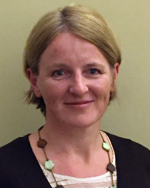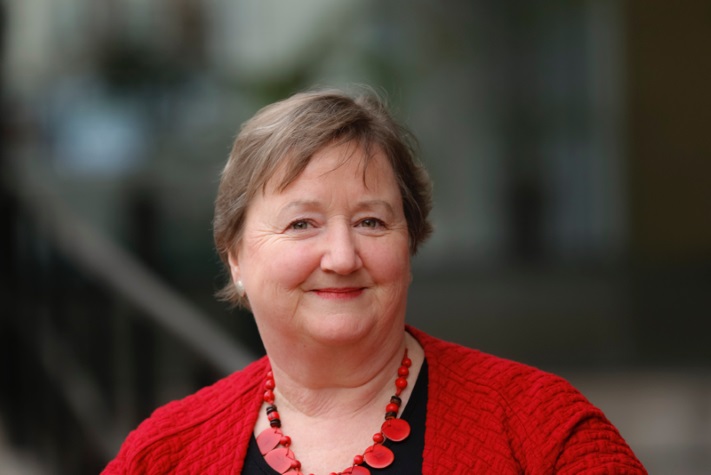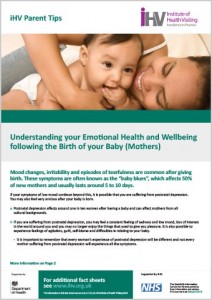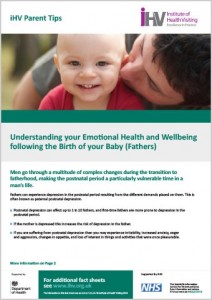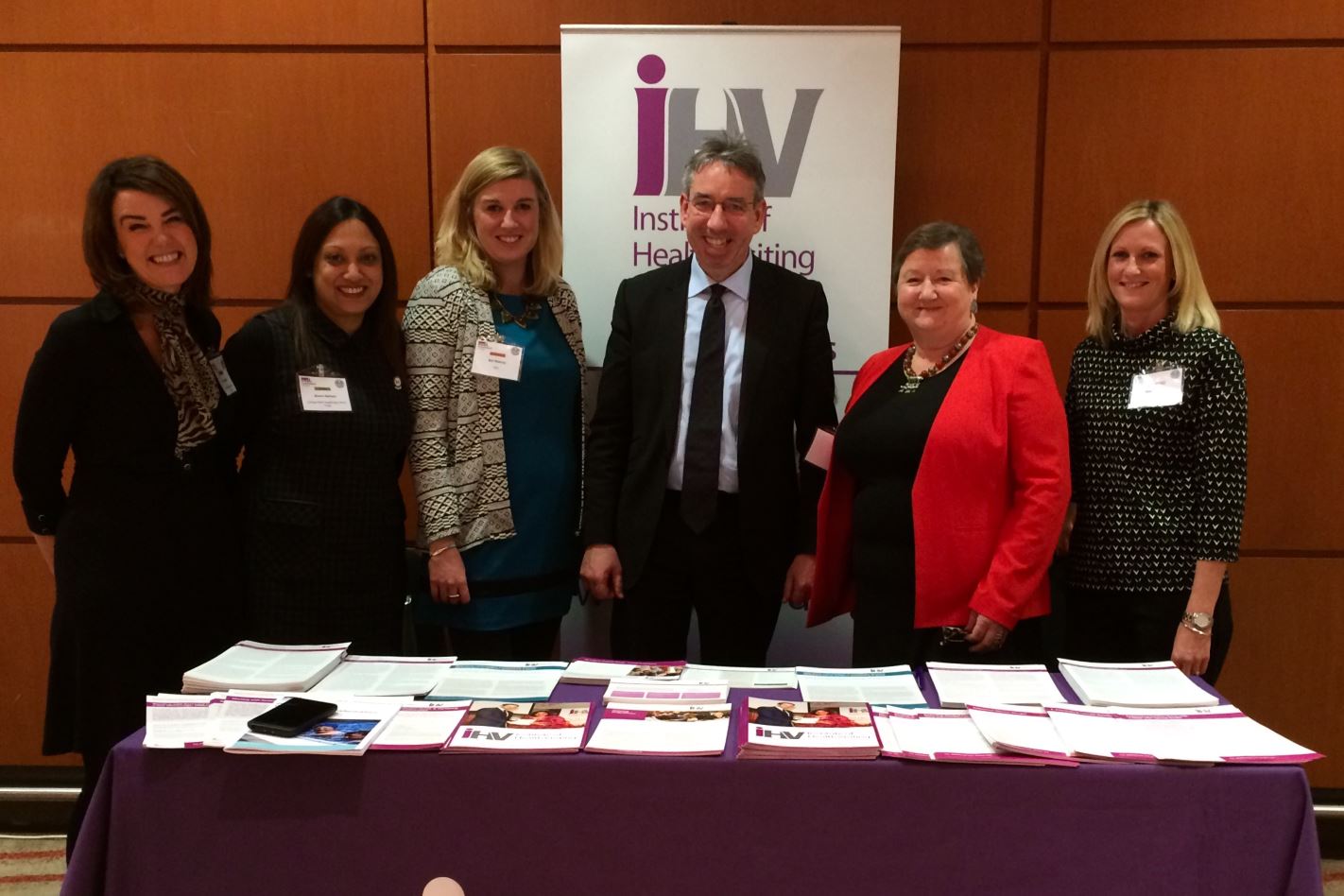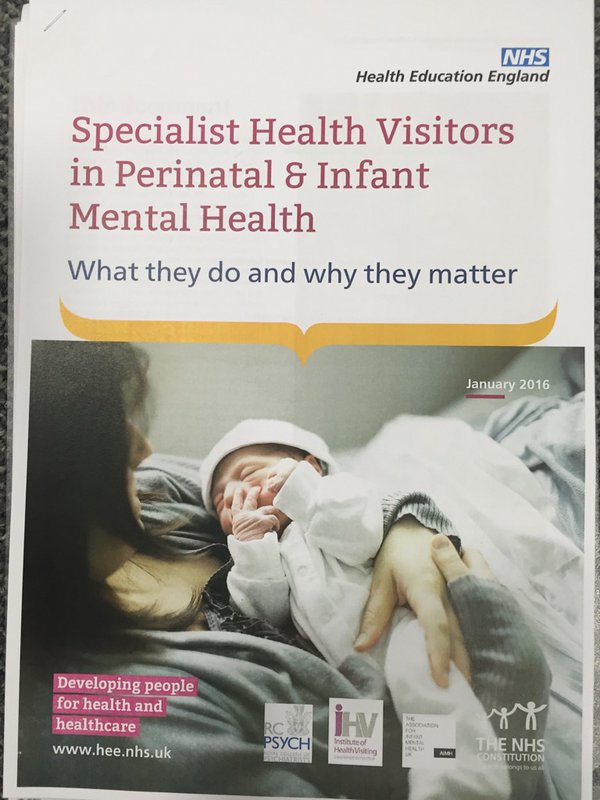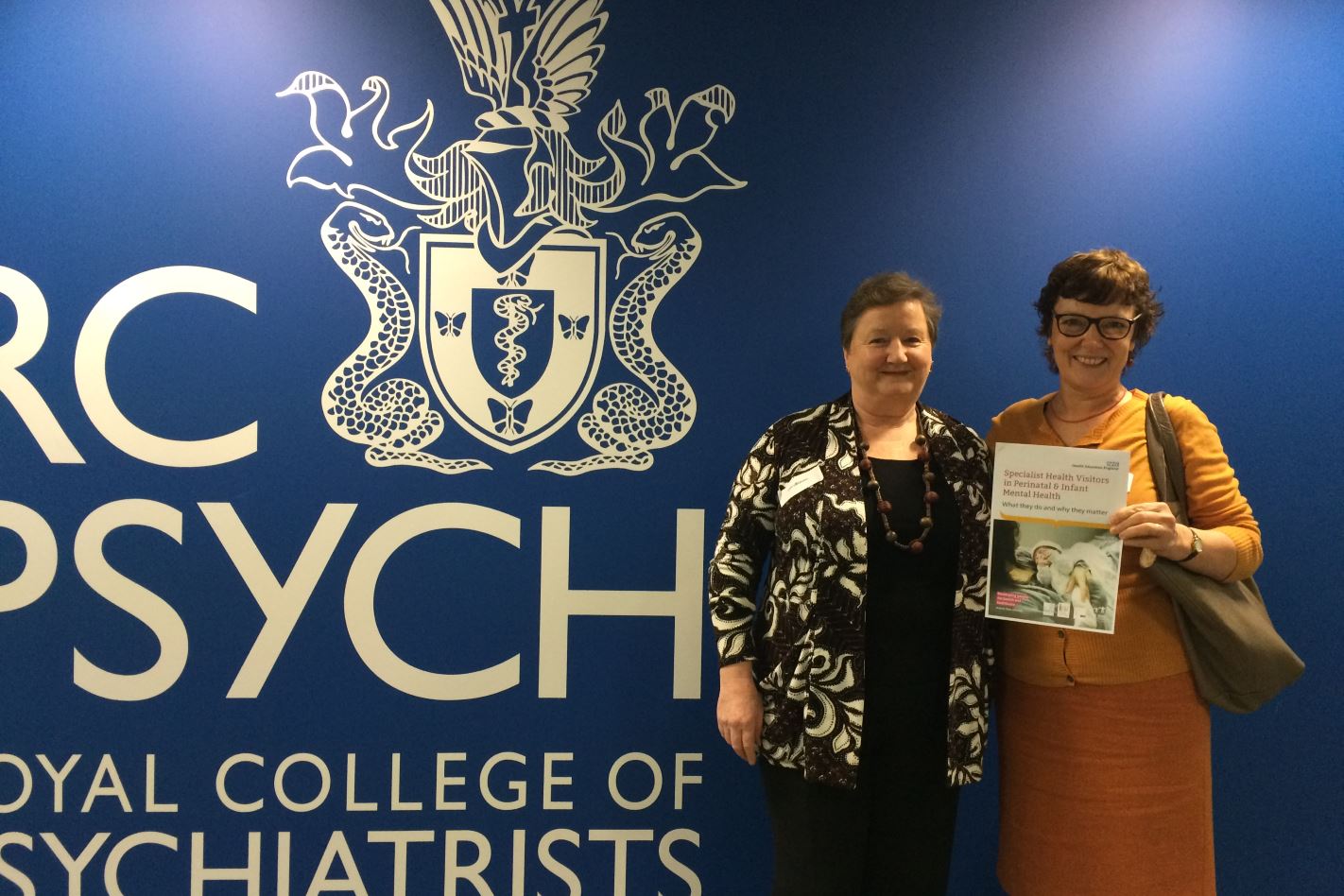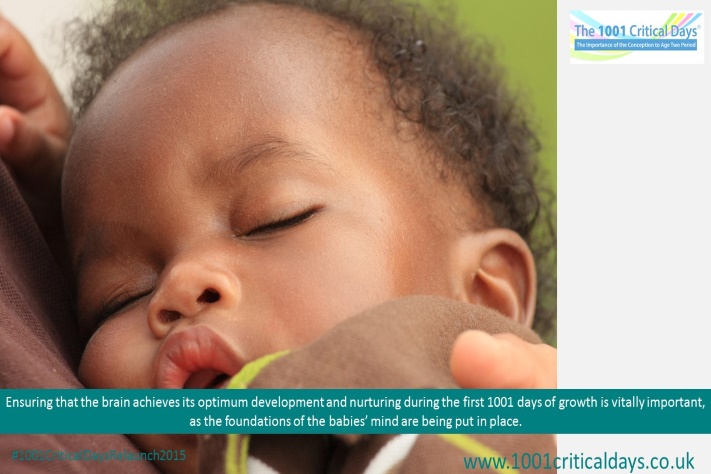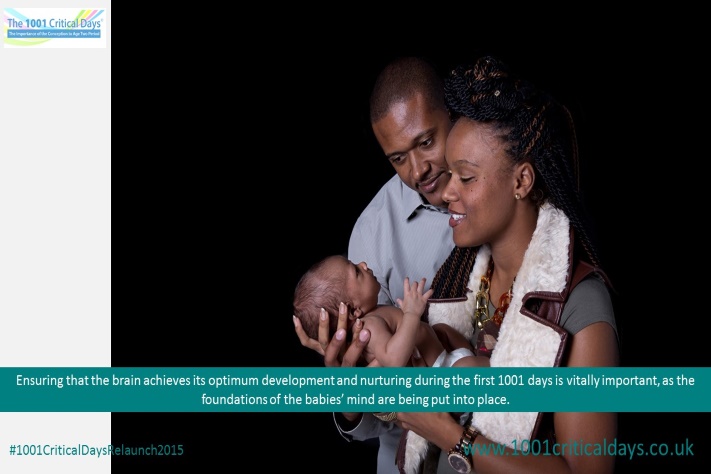A ‘one-stop’ hub of resources to support GPs to deliver the best possible care to patients with perinatal mental health conditions has been launched by the Royal College of GPs (RCGP).
This toolkit is a set of relevant tools to assist members of the primary care team to deliver the highest quality care to women with mental health problems in the perinatal period. As well as offering a diverse collection of resources, the Perinatal Mental Health Toolkit gives details of additional learning for individual practitioners.
RCGP has launched the free-access perinatal mental health toolkit for family doctors and other healthcare professionals, as a go-to collation of resources that could support them to deliver the care their patients with perinatal mental health need.
There is a variety of resources to offer patients from information leaflets, links to supporting charities and social media peer support groups amongst many others. Health professionals may face additional challenges in seeking help for perinatal mental health problems and there a specific section of the Toolkit to address this need.
This resource is a tool developed by the RCGP designed to make the NICE guidelines on antenatal and postnatal mental health more accessible and focused for GPs. It is presented in the form of ten questions to help GPs identify the crucial, but often hidden, signs of perinatal mental health issues in their patients as early as possible to enable them to discuss support and treatment with the woman.
The tool is based on and designed to be used alongside NICE guidelines, and has been approved by NICE. It also aims to reduce variation in the care of women with perinatal mental health problems, many of whom face a ‘postcode lottery’ in trying to access specialist referral and follow-up services.



